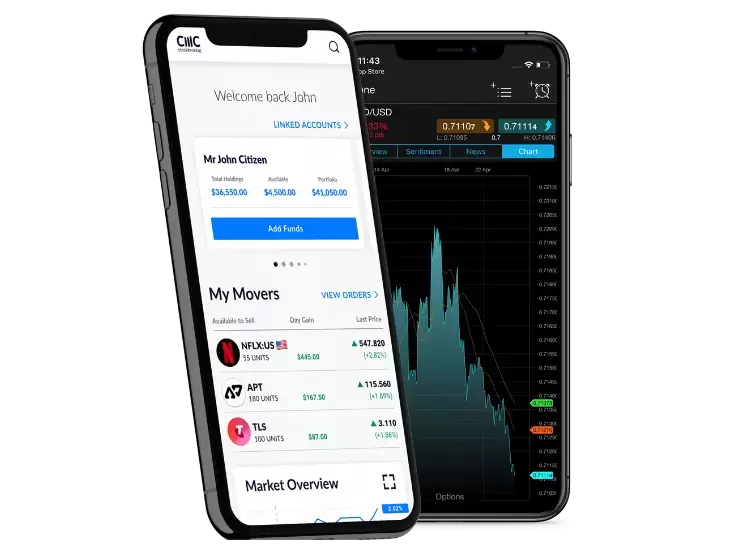The merger of two companies can cause significant volatility in the stock price of the acquiring firm and that of the target firm – assuming both are listed businesses. To make its bid attractive to the shareholders of the target company, the company looking to make an acquisition will usually make an offer that is above the most recent share price. Once the bid is made public, traders will spot an arbitrage opportunity and push the price to around the same level as the offer – or sometimes even higher if there’s a belief that a second bidder will emerge.
Shares in the bidder can move in either direction when the takeover plan is announced. If shareholders believe the merger will create significant value, especially in the short term, the stock may rise, though falls are more common as the market weights up the cost of the bid (especially if it is planning to issue more shares as part of the process). Of course, if the bidder is a very large company taking over a much smaller one, the effect on its share price will be minimal.
Another thing to consider, from the perspective of a shareholder in the target company, is whether the takeover offer represents good value. For instance, an all-cash offer that represents a 20% premium to the recent share price might be highly attractive if the company has been failing to grow but might seem much less attractive if the business is growing quickly. On the other hand, if the takeover involves shares in the bidding company, you should consider the growth prospects of the combined entity and how much value is created by the merger.
Finally, while takeover offers are most often welcome news to shareholders in the target company, they can be disastrous for anyone who has shorted the stock. Traders in that position can expect to face a sizable and likely permanent loss as the share price won’t fall unless doubts arise about the takeover.

